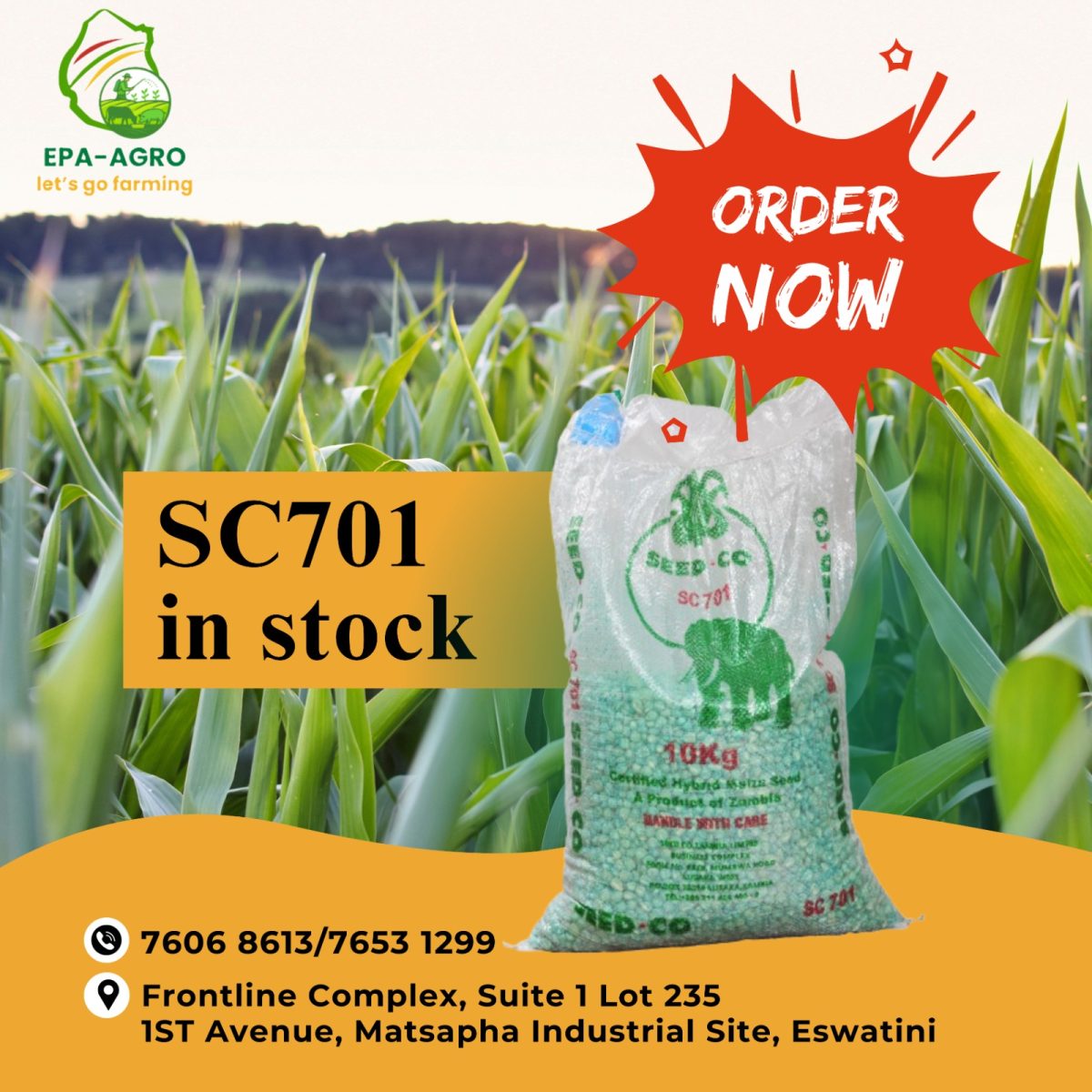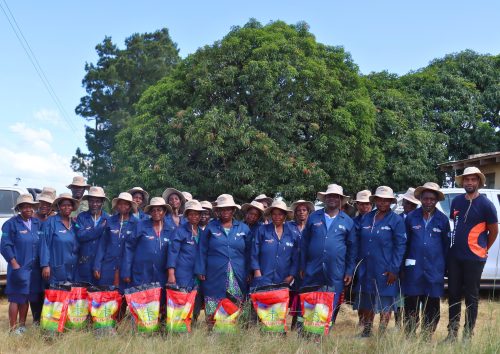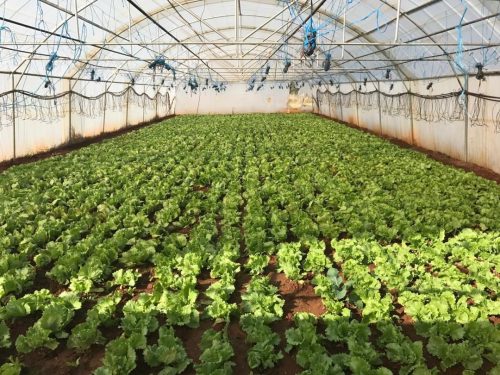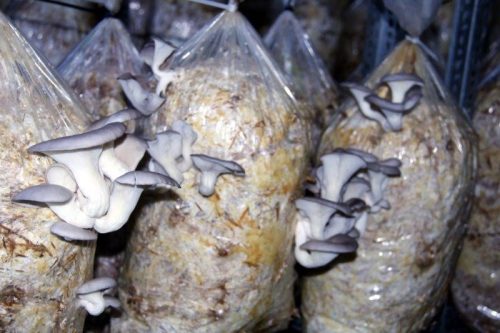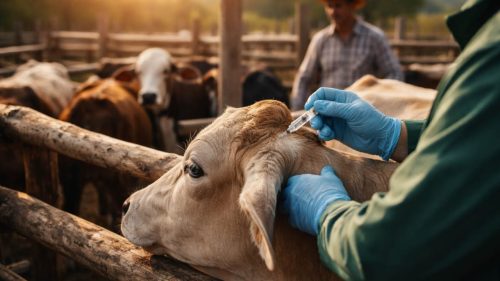BY SIKHONA SIBANDZE
Manzini – As farming becomes more expensive and unpredictable, a new approach is gaining ground- agroecology, a way of farming with nature that cuts costs, restores soils, and helps farmers withstand the shocks of climate change.
Rising input prices, degrading soils, and harsher droughts have left many farmers searching for solutions. Experts say agroecology offers exactly that. Unlike conventional farming that depends heavily on chemicals and imported seed, agroecology builds resilient systems through diversity, recycling, and indigenous knowledge.
“Agroecology is not backyard gardening,” explained Futhi Magagula from the Centre for Co-ordination of Agricultural Research and Development for Southern Africa (CCARDESA). “It is a science that can be practiced on any scale—whether you are a smallholder or a commercial farmer. The aim is to cut costs, improve soil, and build resilience against climate shocks.”
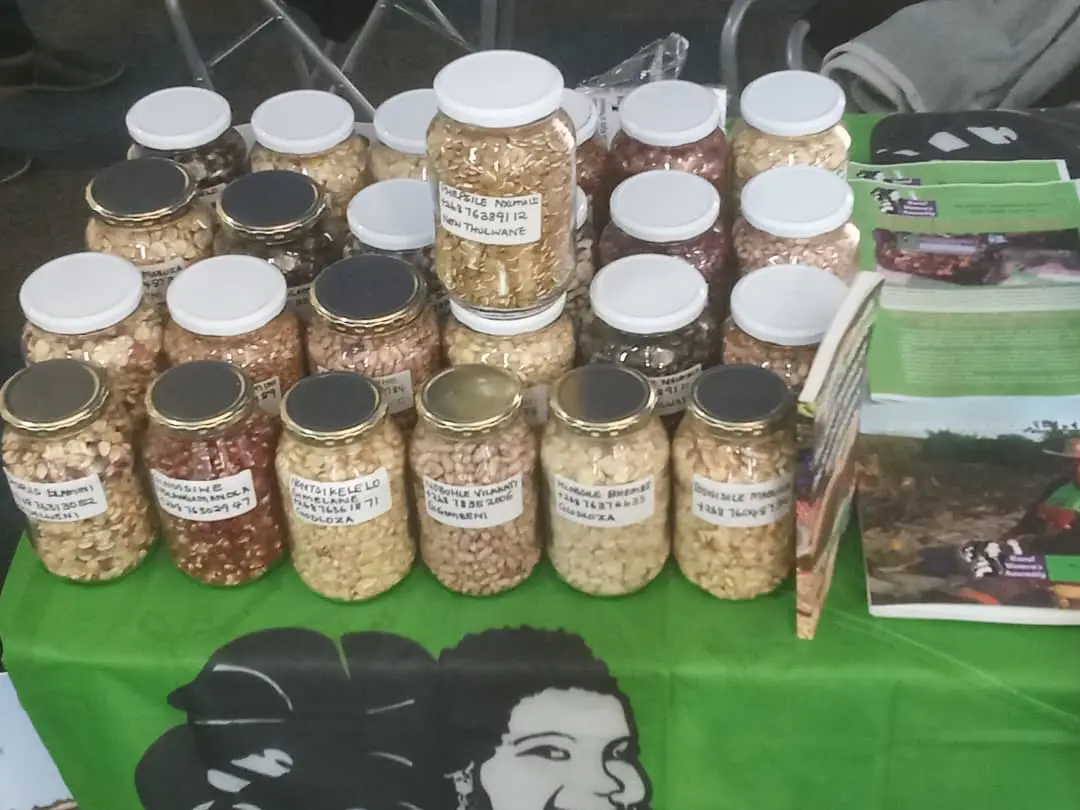
What Agroecology Means in Practice
At its heart, agroecology is about balance. Farmers reduce risks by planting different crops and integrating livestock. Crop residues and manure are turned into compost. Cover crops and trees enrich the soil while protecting it from erosion. Local, drought-tolerant seeds ensure harvests even in harsh seasons.
The benefits are already visible. Dudu Nhlengetfwa from the Swaziland Rural Women Assembly shared her own experience: “I planted local maize seed, and when the hybrid failed during drought, my traditional seed still gave me food for my family.”
Why Change is Urgent
- Farmers in Eswatini face what experts call a “triple challenge”:
- Agriculture: high costs, weak seed systems, and limited financing.
- Environment: land degradation, deforestation, and loss of biodiversity.
- Climate: frequent droughts, floods, and storms.
“We cannot continue farming the same way when the climate is changing this fast,” warned Andile Dlamini, a PELUM Eswatini representative. “Agroecology gives us the tools to adapt and survive without destroying the land we depend on.”
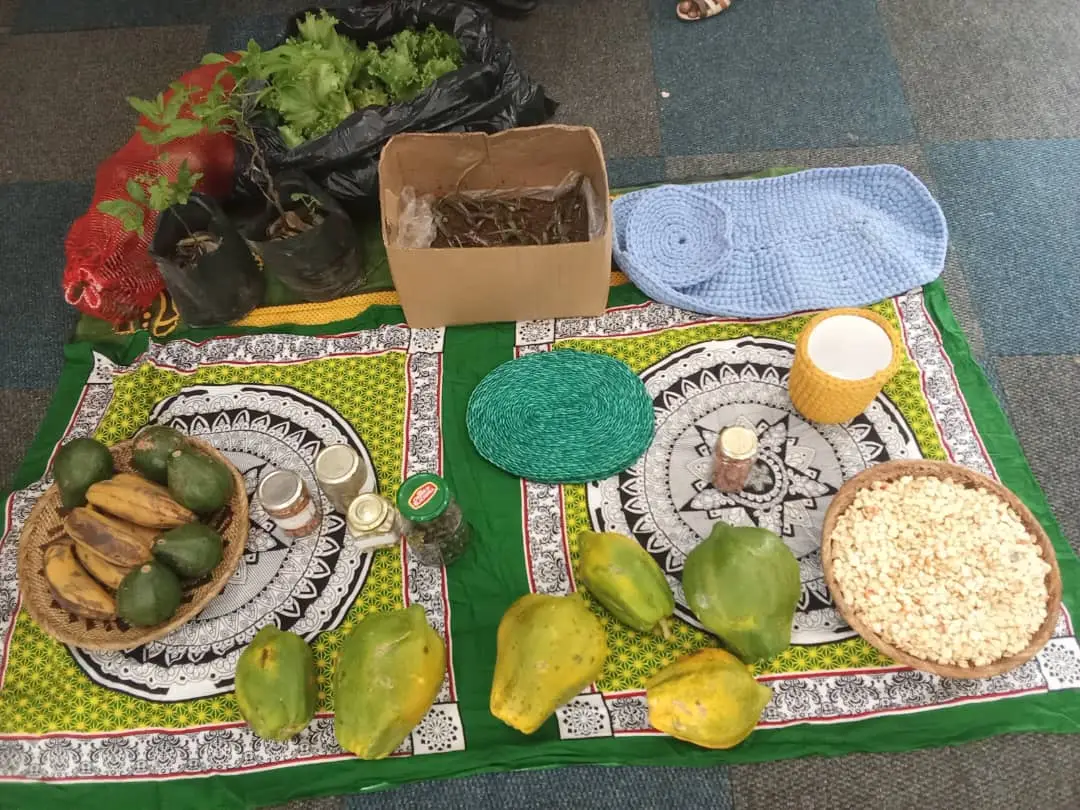
The Indaba Platform
These ideas took center stage at the 1st Sustainable Agriculture Indaba, held today at Mavuso Trade and Exhibition Centre. The event, hosted by the Participatory Ecological Land Use Management (PELUM) Association and Eswatini’s Ministry of Agriculture, drew over 300 farmers and leaders from 14 African countries.
Under the theme “Agroecology for Food Systems Resilience and Climate Justice,” participants explored ten practical lessons—from valuing indigenous seeds to preparing for droughts—and urged governments and private players to support agroecology through fair markets, farmer-friendly finance, and policy change.
A Journey, Not a Switch
Agroecology is not an instant transformation, but a gradual journey. Farmers can start small by composting, planting trees, or saving seeds. Each step reduces expenses, builds resilience, and protects the future.
The Indaba’s message was clear: the future of farming in Eswatini lies in working with nature, not against it.




